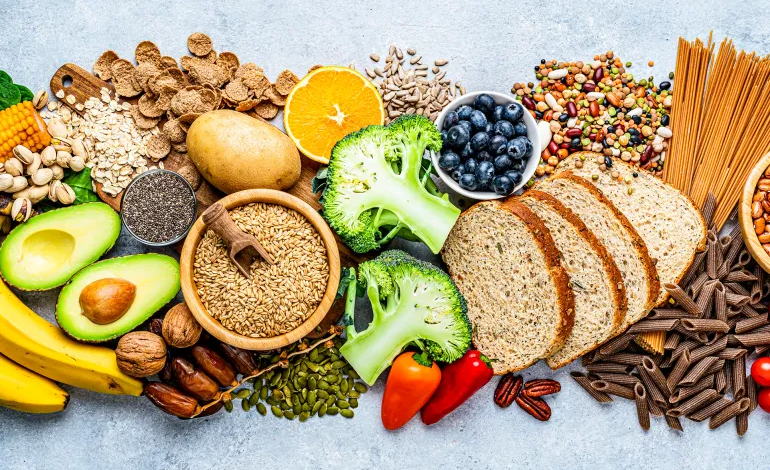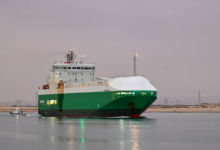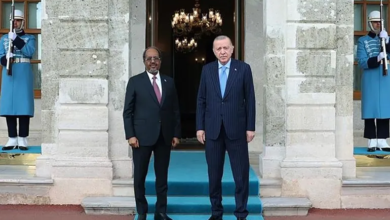Brazil Faces Worst Drought in History, Threatening Global Food Security


Brazil, one of the world’s largest agricultural powers, is experiencing the worst drought in its history, which threatens to drive up global food prices and significantly impact its economy, according to a report by Bloomberg.
With key crops such as coffee, sugar, and soybeans being affected, the economic and environmental ramifications of this prolonged drought extend far beyond Brazil’s borders. The impact of climate change has made these extended dry periods the norm, upending lives and economies.
Key Crops at Risk
Bloomberg reports that farmers like José Orlando Sintra Filho, who has been growing coffee for 36 years, are facing an unprecedented situation. No rain has fallen on his coffee crops for over six months, leading to the failure of the usual white flowers to bloom, which typically signal a good harvest season for the “Arabica” coffee plant, used in global products like Starbucks.
Brazil accounts for one-third of the world’s coffee supply and half of the global sugar trade. Any disruption in its production can lead to rising prices worldwide. The agency noted that Arabica coffee futures rose by 11% in September alone, reaching the highest level in 13 years. Similarly, raw sugar futures in New York increased by 16% during the same month.
Fires Compound the Disaster
In addition to the drought’s impact, severe conditions have sparked widespread wildfires, exacerbating both environmental and economic crises. In August, São Paulo, Brazil’s largest sugar producer, experienced unprecedented fires that destroyed large areas of sugarcane crops. Bloomberg estimates that these fires not only threaten sugar production but also contribute to massive greenhouse gas emissions.
Transport and Energy Crisis
The transportation of some agricultural products in Brazil also relies on rainfall. Water levels at key ports, known as the “northern arc,” which are responsible for about one-third of the country’s soybean exports, have declined. Should the drought persist, transportation companies like Hidrovias do Brasil may have to reduce shipment sizes to allow lighter vessels to navigate critical points.
Additionally, Brazil relies on hydroelectric power for two-thirds of its electricity needs, and with decreased rainfall, electricity prices have surged, adding to the economic burdens. Economist Prulo Borges notes that this drought could add about 0.3% to the inflation rate by the end of the year, increasing cost pressures and limiting GDP growth.
Global Implications
The drought in Brazil is not merely a local crisis; it has broad implications for global food security. Brazil is a key exporter of various essential commodities, such as soybeans, used for animal feed and biofuels. If the drought continues, it could delay the planting of the next soybean crop, further straining global supplies.
Concerns over delayed harvests have driven prices up on the Chicago exchange. Marcus Jank, a global agriculture professor at the University of Inspira, told Bloomberg, “The world does not rely solely on Brazil, but when Brazil faces significant issues like this drought, it can heavily impact global prices.”
In response to this crisis, the Brazilian government announced that farmers affected by the fires and drought will have access to special credit lines to help restore damaged lands, with 6.5 billion reais ($1.2 billion) allocated from the national crop plan to support these farmers with better borrowing terms than the market offers.








